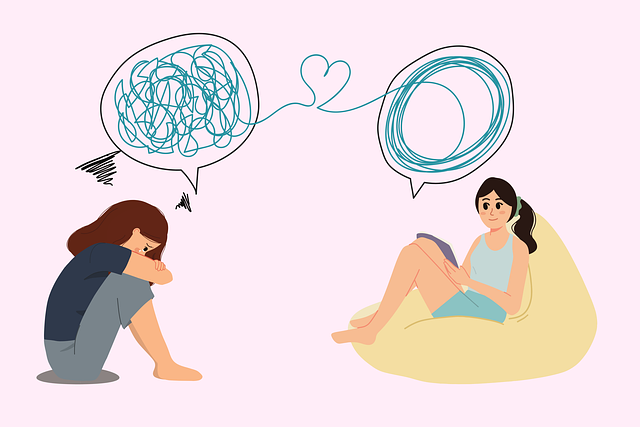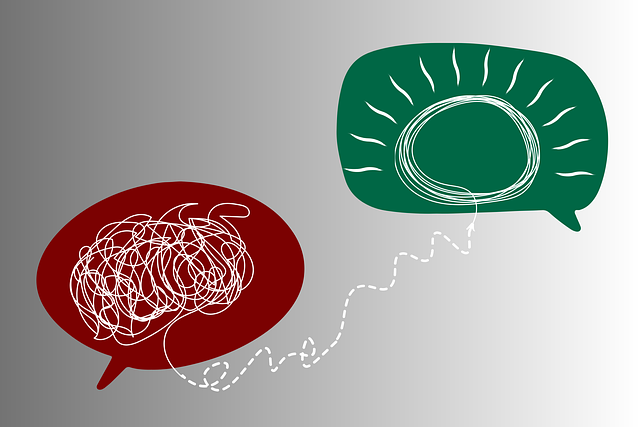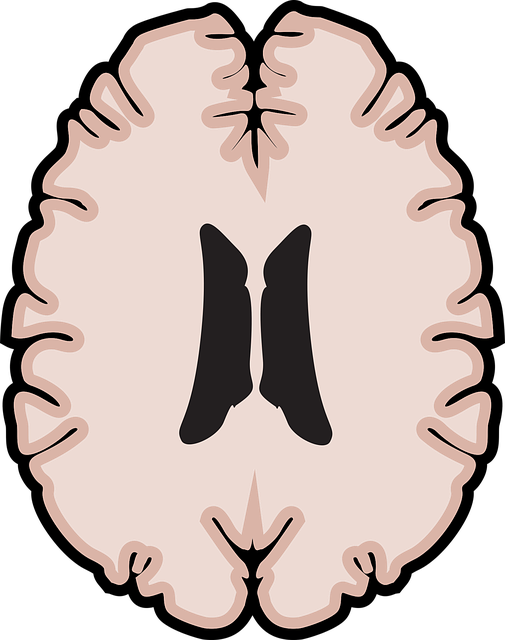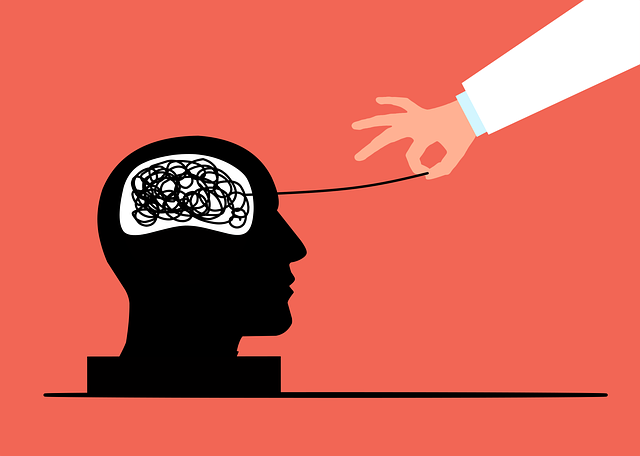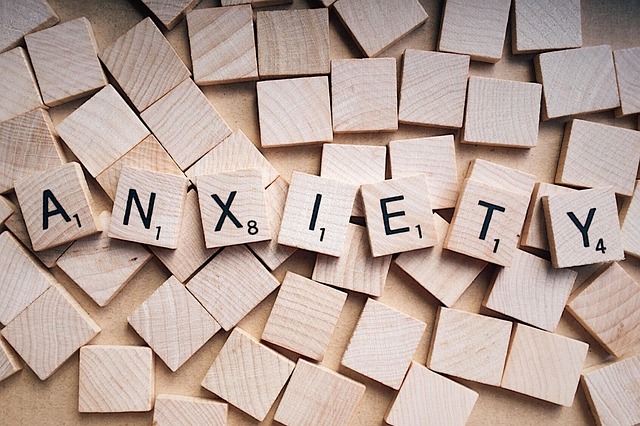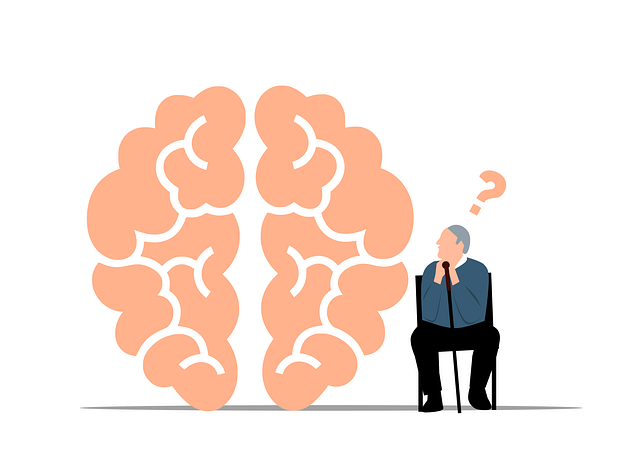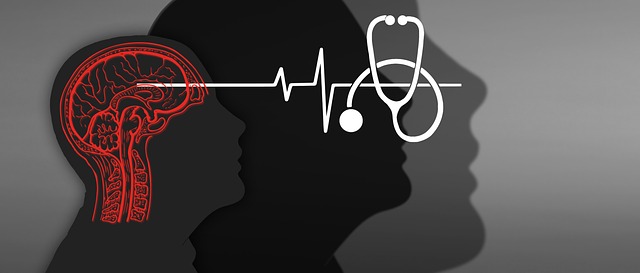Lafayette International Adoptions Therapy (LIAT) offers specialized mental healthcare tailored to individuals with diverse cultural backgrounds, particularly those with international adoption experiences. By prioritizing cultural sensitivity, LIAT creates safe, inclusive spaces where therapists use compassion cultivation and nuanced communication to address unique challenges. They integrate traditional healing practices, family dynamics, and language considerations, providing holistically responsive care that bridges cultural gaps and promotes long-term mental well-being. This approach equips practitioners with the tools to manage ethical complexities, fostering effective therapy for diverse populations.
In today’s diverse world, cultural sensitivity is paramount in mental healthcare. Understanding and respecting diverse cultural beliefs and practices can significantly enhance therapeutic outcomes. This article explores this critical aspect through several key sections. We delve into the foundational concepts of cultural sensitivity in mental health, offering a unique perspective from Lafayette International Adoptions Therapy, which specializes in cross-cultural adoptions. Additionally, we discuss challenges faced by practitioners and strategies to foster culturally competent practices, while highlighting how clinical settings can integrate these sensitive approaches.
- Understanding Cultural Sensitivity in Mental Healthcare
- Lafayette International Adoptions Therapy: A Unique Perspective
- Challenges and Strategies for Culturally Competent Practice
- Integrating Cultural Sensitivity into Clinical Settings
Understanding Cultural Sensitivity in Mental Healthcare

In the realm of mental healthcare, cultural sensitivity is a cornerstone that connects therapy and healing. It involves understanding and appreciating the diverse cultural backgrounds, beliefs, and practices of clients, which significantly influences their experiences with mental illness and treatment-seeking behaviors. At Lafayette International Adoptions Therapy, we recognize that cultural context plays a pivotal role in shaping an individual’s mental health journey. By integrating compassion cultivation practices and effective communication strategies, our therapists foster safe spaces where clients feel understood and empowered to explore their unique challenges.
Mental healthcare professionals must go beyond basic knowledge of different cultures to develop nuanced approaches tailored to each client’s specific needs. This involves incorporating cultural elements into therapy sessions, such as respecting traditional healing practices, considering family dynamics within a cultural framework, and addressing potential language barriers. Effective risk management planning for mental health professionals also entails cultural sensitivity training, ensuring practitioners are equipped to navigate complex ethical territories arising from cultural differences. Through these inclusive practices, Lafayette International Adoptions Therapy strives to provide culturally responsive care that bridges gaps and promotes holistic healing.
Lafayette International Adoptions Therapy: A Unique Perspective

The Lafayette International Adoptions Therapy (LIAT) offers a unique perspective on cultural sensitivity in mental healthcare, particularly for individuals who have experienced international adoptions or are from diverse cultural backgrounds. This therapeutic approach recognizes that traditional mental health practices may not always resonate with every client, especially those who bring with them a rich tapestry of experiences and beliefs. LIAT provides specialized care by integrating cultural understanding into its core principles, ensuring that the stress reduction methods and crisis intervention guidance are tailored to meet the specific needs of these individuals.
By focusing on the unique challenges faced by adoptions and multicultural families, LIAT offers a safe space for clients to explore their identities, navigate intergenerational trauma, and develop coping mechanisms that honor their cultural heritage. This approach not only aids in stress management but also fosters a deeper sense of belonging and understanding, which is crucial for long-term mental well-being. Through this specialized lens, mental healthcare practitioners can provide more effective support, transforming the experience from one of isolation to one of acceptance and empowerment.
Challenges and Strategies for Culturally Competent Practice

Cultural sensitivity is a cornerstone in mental healthcare practice, ensuring every client receives treatment that respects and embraces their unique cultural background. Navigating this landscape presents several challenges, particularly when dealing with diverse populations like those involved in international adoptions, as seen in Lafayette International Adoptions Therapy. Professional therapists must be vigilant against unconscious biases and stereotypes, understanding that cultural contexts significantly influence clients’ perceptions of mental health and well-being. This involves learning about different traditions, values, and communication styles to avoid missteps that could hinder progress.
To foster culturally competent practice, therapists can engage in self-awareness exercises to recognize their own cultural lens. Encouraging open dialogue with clients about their cultural experiences, while also educating themselves on the specific cultural nuances of each client, is vital. Building resilience and inner strength through tailored interventions not only enhances therapeutic outcomes but also fosters a deeper connection between therapist and client. This holistic approach respects the client’s cultural identity, making therapy more accessible and effective for all involved.
Integrating Cultural Sensitivity into Clinical Settings

Integrating cultural sensitivity into clinical settings is a pivotal step towards enhancing mental healthcare services for diverse populations, particularly those with complex backgrounds like those supported by Lafayette International Adoptions Therapy. It involves creating an environment where cultural differences are not just tolerated but celebrated and understood. This approach ensures that every patient receives care tailored to their unique needs, free from biases or misunderstandings.
Healthcare Provider Cultural Competency Training plays a crucial role in fostering this integration. By equipping mental health professionals with the knowledge and skills to navigate diverse cultural contexts, they become better equipped to offer empathetic and effective treatment. This training encourages providers to recognize the impact of cultural factors on emotional regulation—a key aspect of mental healthcare—and adapt their practices accordingly. Ultimately, it promotes inclusive care that respects and values the diversity within communities served by Lafayette International Adoptions Therapy and similar organizations.
Mental healthcare practices that embrace cultural sensitivity are better equipped to provide effective support for a diverse range of clients. By incorporating insights from unique perspectives, such as Lafayette International Adoptions Therapy, professionals can navigate complex cultural challenges and create more inclusive environments. Understanding these nuances is crucial in fostering trust and improving outcomes, ensuring that everyone receives the highest quality of care. Integrating cultural sensitivity into clinical settings not only benefits individual patients but also enriches the broader mental healthcare landscape.





